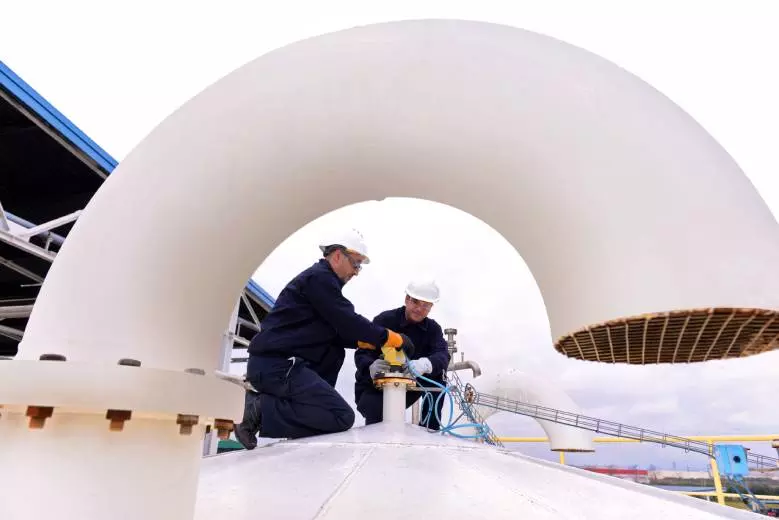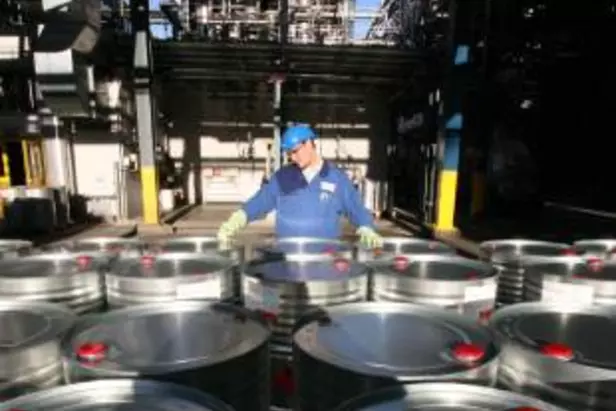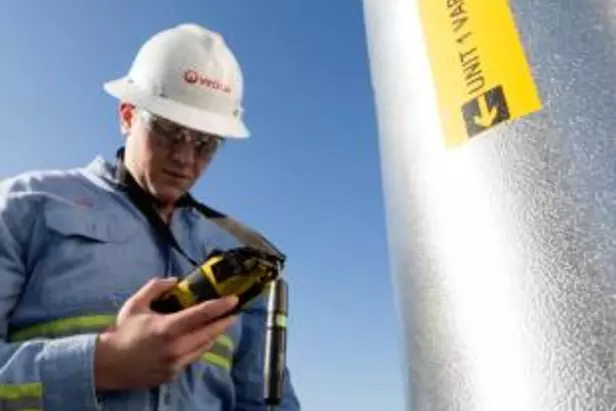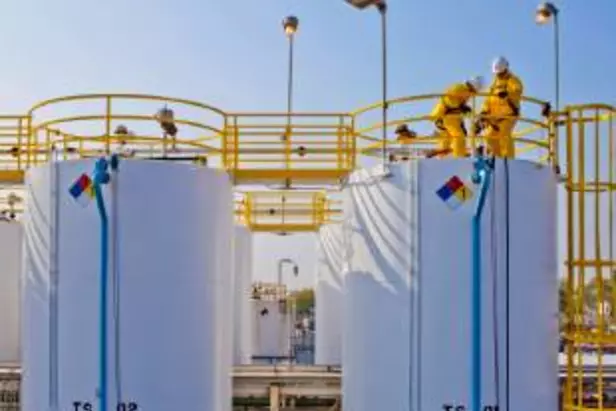Solvents are generally toxic liquid substances. They fall into the category of hazardous waste. Widely present in products used in the pharmaceutical, automotive, cosmetic, coating and cleaning industries, they often present a significant danger to humans and the environment.
A considerable number of precautions is required for their handling and recycling.
Why treating solvents is a delicate operation
With more than a thousand solvents in existence, there are many different uses (degreasers, solvents, strippers, cleaners, etc.), but also associated risks. They can be inhaled, swallowed or enter the body through the skin, pollute the environment, contribute to the greenhouse effect or cause explosions. Solvents are dangerous, but nevertheless valuable, substances. Depending on their properties, they can be recovered and regenerated and become competitive secondary raw materials.
Find out more about how we manage radioactive waste >
Our solutions for treating and recovering solvents
By regenerating solvents, Veolia can supply its customers with low-cost, high-quality secondary raw materials. Leveraging its expertise, Veolia guarantees the quality and safety of solvent recovery and regeneration:
- Provision of containers adapted to requirements
- Removal by pumping or collection of contaminated solvents in conditioned tanks and transportation with built-in traceability
- Sample analysis
- Treatment of spent solvents with, in particular, thin-film evaporators for the separation and recovery of solids and equipment for the distillation and separation of solvents and impurities
- Recycling or regeneration
- Return to manufacturers for reuse or sale to third parties
- You optimize your costs
- You have access to a secondary raw material of equal quality to virgin material
- You comply with regulations
What are the benefits for you as an industrial concern?

We dit it!

Switzerland
We manage industrial utilities, and provide production support and occupier services at 15 of the largest Novartis sites in Europe. As part of this, we regenerate over 20,000 metric tons of solvents a year.

France
Our subsidiary SPR of SARPI, the European leader in the treatment of hazardous waste, treats 18,000 metric tons of solvents a year, with the car manufacturer Renault as its main customer. This means that 22,000 metric tons of CO2 emissions are avoided each year through the reuse of raw materials.

United States of America
With four sites specifically for solvent recycling in the United States (Azusa in California, Henderson in Colorado, Middlesex in New Jersey and West Carrollton in Ohio), and technologies that guarantee the best results, we meet the needs of a large number of professionals: refineries, chemical industries, hospitals, etc.


